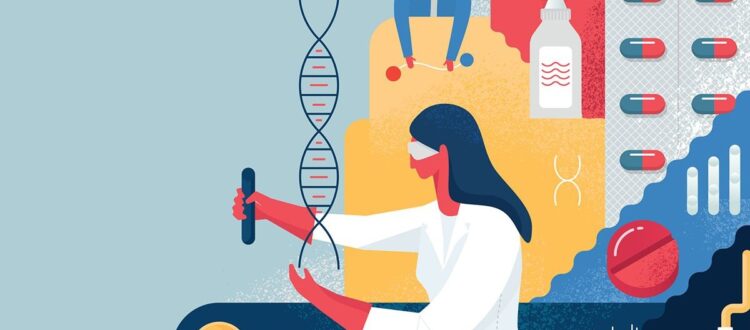The Gender Gap in Hi-Tech – how coding can fight gender stereotypes
According to the Global Gender Gap Report 2020, Italy has fallen by six positions compared to 2019, ranking at 17% in Europe. The most critical aspect is the gender pay gap: women are paid much less in equal contractual terms than their male colleagues, the gap is higher among those who have obtained a bachelor or master degree!
In the light of a clear violation of the “right to equal pay” (Article 4 of the European Social Charter) and to resolve the so-called vertical segregation, some governments have responded by introducing the much-contested quotas for women. Companies, parties, and public administrations are required to employ a minimum number of women to give them more “decision-making power” and eliminate their over-representation in jobs considered “more humble” such as nursing or teaching.
As if it is our gender, and not our skills and potential, to determine both our working skills and our capacity to achieve well-paid positions. Legitimizing and perpetuating gender inequality means wasting human resources. It is not with the quotas of women that the gender gap will be eliminated, but by analyzing the root of the problem.
So, how do we value our talent and how do we combat gender discrimination in the workplace? First of all, we must take note of the stereotypes that often influence our choices, especially those that concern our education. Coding like a girl, a documentary made by Michele Bertelli, Abdi Latif Dahir, Felix Lill, and Javier Sauras with the support of the European Journalism Centre, offers us an interesting reading on the idea that we have about those girls who work in the scientific field.
The documentary shows us some fragments of the life of three young programmers: a Tanzanian, a Peruvian, and a German.
Apps and Girls, a social enterprise that educates Tanzanian girls to the programming of startups, and Laboratoria, a non-profit organization located in Peru, aim to progressively reduce the division between “jobs for men and women” present in the countries where they operate.
Fortunately, realities like these do not seem to be isolated cases; other agencies (governmental and not) are funding projects to introduce women to programming and data processing science, promoting their entry into the world of work.
Interesting is the experience of a Tanzanian girl reporting to us the reaction of a friend of hers when he discovered the existence of Apps and Girls. “No”, he said, “computer science is for man only”. Does that statement sound familiar to you, huh?
The stereotype that sees girls as more suited to the humanities is still well rooted in many countries, including Italy. Specifically, only 5% of Italian female students (average age 15 years) say they want to pursue a career in computer science or engineering; It would be, instead, 20% of the fifteen-year-old males who aspire to become computer scientists or engineers.
According to a study conducted by Nicolò Cavalli for Internazionale, these estimates are reflected in the number of recent female graduates in the STEM disciplines – Science, Technology, Engineering, Mathematics – (47%), in engineering (21%), and computer science (24%). Thus, although the demand for computer scientists continues to rise, the number of women graduates in computer science continues to fall significantly since 2010, mostly in high-income countries.
Estimates aside, even in Italy the fight against gender stereotypes is gradually emerging thanks to initiatives, such as Coding Girl, which aims to bring young students to the world of programming. In practice, this project uses a peer-to-peer approach where the students who have already participated in the project become the mentors of the new students. The initiative has already spread to many Italian cities (including Rome, Naples, Milan, and Turin) where the programming language has been used to combat discrimination and gender stereotypes.
More and more young girls and women find in computer science a passion and an environment where they can act and develop solutions for future and everyday challenges.
Sources:
- https://www.internazionale.it/video/2018/06/06/mondo-programmatrici
- https://gabrielecaramellino.nova100.ilsole24ore.com/2020/10/21/le-coding-girls-esempio-per-le-giovani-italiane-attratte-dalla-scienza-e-dalla-tecnologia/
- Coding Girl, cosa programmano le ragazze? Pari opportunità nell’hi-tech – la Repubblica
- I pregiudizi tengono le donne lontane dalla scienza – Nicolò Cavalli – Internazionale


